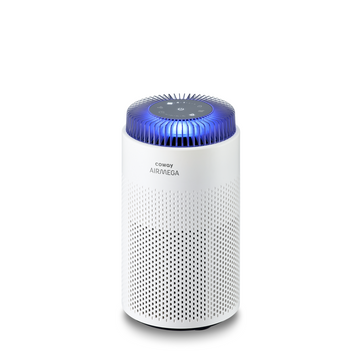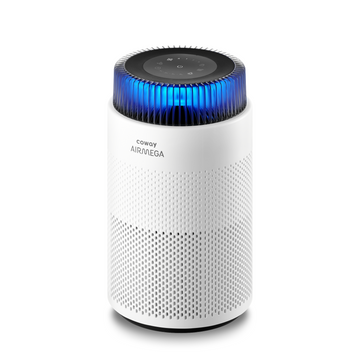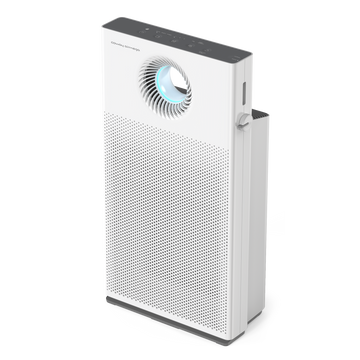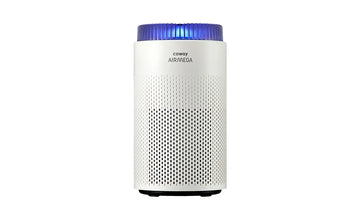The research
Scientists at the UNC Institute for the Environment and UNC Gillings School of Global Public Health studied the effect of particulate matter from traffic emissions on early deaths. Such pollution has been linked to everything from decreased lung functioning to heart disease. Using a new, more in-depth data modelling approach, researchers were able to improve the analysis of particulate matter concentrations due to traffic-related emissions.
The findings
The study found that there are about 24 percent more premature deaths from exposure to traffic-related particulate matter than previous research had revealed. Why? Researchers hypothesize this significant increase was due to their ability to include more data about exposure hotspots near roadways in high-population areas. In fact, they found that 72 percent of these early deaths happen within 1,000 meters of roadways, where 50 percent of the total population lives.
Other recent research underscores the connection between early death among U.S. seniors and short-term exposure to fine particulate air pollution and ozone—even at levels well below current national safety standards. The study, from Harvard T.H. Chan School of Public Health, assessed daily air pollution exposures for fine particulate matter and ozone for most of the U.S., linking that with mortality data from the U.S. Medicare population over a 13-year period. Researchers found that exposure over just one summer to a very small, nationwide increase in daily particulate matter would lead to 550 extra deaths per year in the U.S.
Protect yourself
There’s not much you can do about air pollution from traffic. But you can take steps to eliminate harmful particulate matter and other pollutants from your home. For example, if possible, keep your windows closed. Leave your shoes at the door. And use a smart air purifier with a HEPA filter, like Coway Airmega, that can help eliminate unhealthy particulate matter and clear the air in your home.












